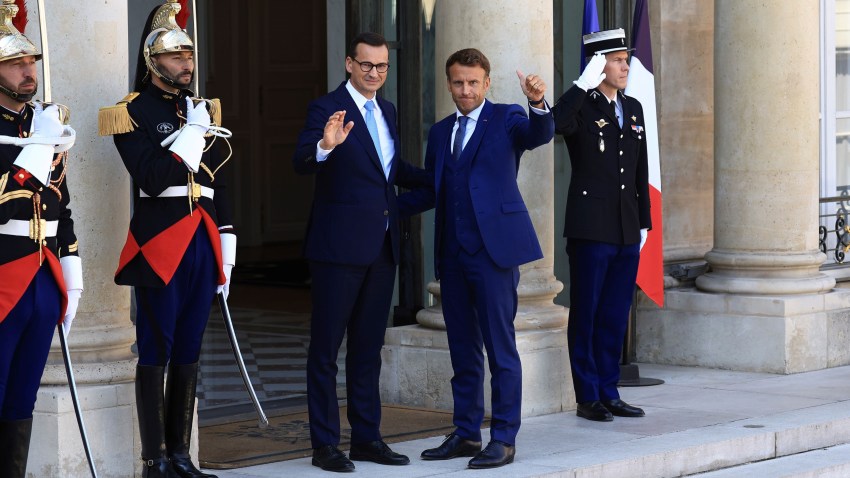Throughout the history of the European Union, reconciliation between France and Germany has been viewed as central to the progress of European integration. The close relationship that developed by the late 1950s was described by commentators as Europe’s “Franco-German engine.” And keeping it on course was deemed essential to the EU’s survival, from disputes over the Common Agricultural Policy in the 1960s to the scramble to save the euro in the 2010s.
Yet the European project has never just been about the willingness of the French and Germans to set aside their differences. Other states, like Italy and the Netherlands, played a crucial role in establishing institutions such as the European Commission and European Parliament that have long been at the heart of how the EU is governed. And with each round of EU expansion, countries like Spain and Finland brought their own political outlook into the process, while the accession of the ex-communist states, like Poland and Romania, after the end of the Cold War bolstered the EU’s global influence.
For another important reason, fixating on the Franco-German engine has always been a flawed model through which to understand the weaknesses and strengths of the EU. While Germany’s economic power means that it is central to monetary and industrial policy, the scope of European integration now means the EU holds sway in a much wider range of issues. At a time when Europe faces huge security challenges after Russia’s invasion of Ukraine, assuming that greater European integration is only possible when Berlin and Paris have a shared agenda may prove downright misleading.

